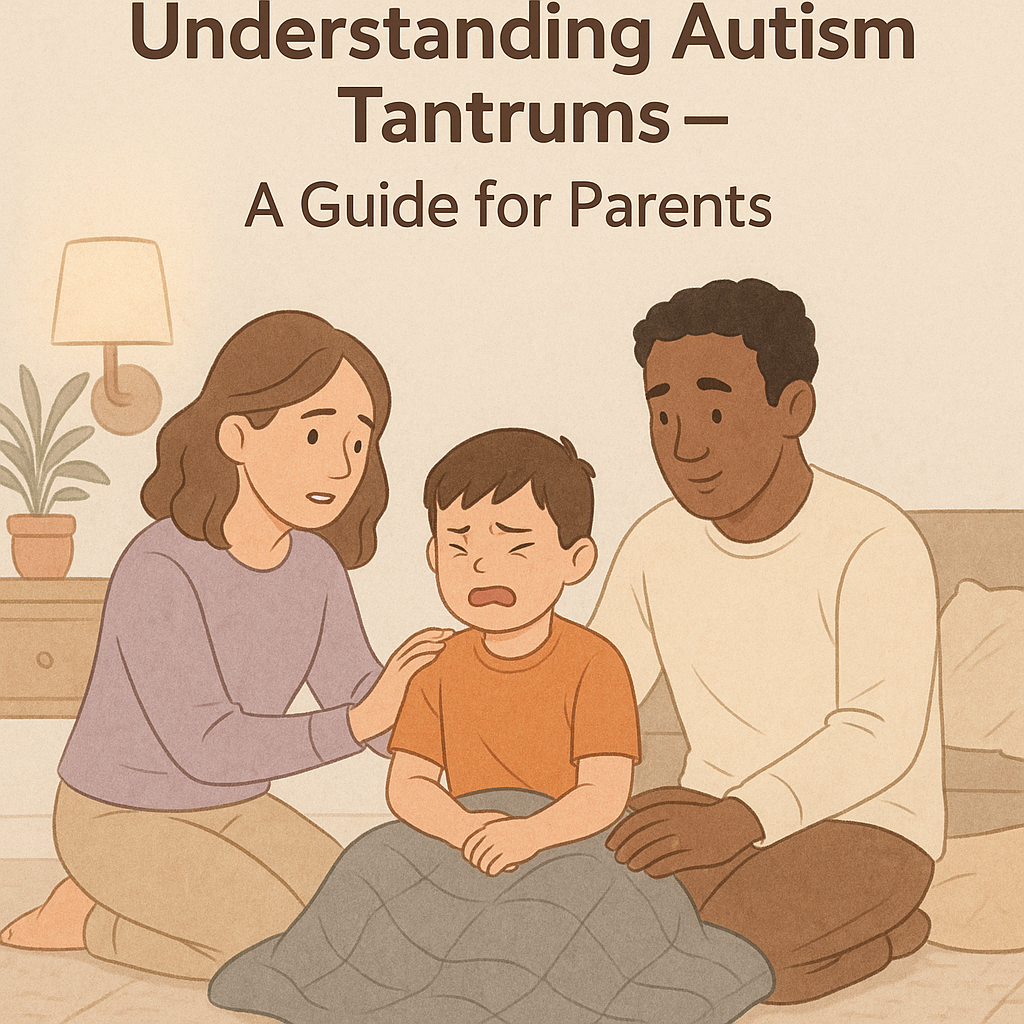Losing a friend is one of life’s most heartbreaking experiences, but losing them to a disease like colon cancer—and watching them suffer—can leave you with questions, anger, and a desire to act.
I want to share a story about my dear friend, who I lost to colon cancer far too young. The pain they endured, the treatments, and the endless hospital visits are etched in my memory. What stood out most was how quickly everything happened. They were in their early thirties—far younger than what most of us associate with this type of cancer. It was a wake-up call: something is changing, and we must pay attention.
The Rising Crisis of Colon Cancer in Young People

Over the past decade, we’ve seen a significant increase in colon cancer diagnoses in younger populations. According to recent warnings from doctors, lifestyle factors, particularly poor diets, have a major role to play. Emerging research suggests that the common cooking oils many of us use daily could be contributing to colon cancer risk, especially when consumed in excess.
Vegetable oils like soybean, sunflower, corn, and palm oil are staples in households worldwide. They’re cheap, accessible, and often advertised as “healthy.” But when these oils are subjected to high heat, they release harmful bioactive compounds that may increase inflammation—a key factor linked to colon cancer.
Let’s break this down:
- Inflammation is our body’s natural response to injury or stress, but chronic inflammation creates the perfect storm for diseases like cancer.
- Cooking oils, when heated beyond their smoke points, can produce toxic byproducts like aldehydes and free radicals. These compounds damage cells, cause oxidative stress, and contribute to long-term inflammation.
How Cooking Oils May Be Affecting Your Health
Doctors and scientists are becoming increasingly concerned about the link between cooking oils and colon cancer, especially in younger people. A 2024 article highlights how overuse of certain oils, combined with processed diets, creates a dangerous cycle of inflammation and cellular damage. With cooking oils being nearly impossible to avoid, it’s critical to be mindful of how we use them and to explore healthier alternatives.
Nutritional Strategies to Address Inflammation
While we can’t control every risk factor, nutrition is one area where we hold power. By reducing inflammation and making mindful choices, we can better protect our bodies from the inside out. Here are key tips to reduce inflammation caused by cooking oils:
 1. Choose Healthier Oils
1. Choose Healthier Oils
Not all oils are created equal. Here are some alternatives:
- Olive Oil: Rich in antioxidants and monounsaturated fats, olive oil is stable at lower temperatures and helps combat inflammation.
- Avocado Oil: With a higher smoke point, avocado oil is ideal for cooking and retains its nutrient profile.
- Coconut Oil: Though saturated, coconut oil remains stable under high heat and doesn’t easily form harmful particles.
2. Use Cooking Oils Mindfully
- Avoid overheating oils: Cooking at extremely high temperatures (deep-frying, for example) increases the production of harmful bioactive compounds. Instead, opt for methods like steaming, sautéing, or baking.
- Monitor the smoke point: Every oil has a smoke point—the temperature at which it begins to burn and release toxins. Stick to oils that suit your cooking method.
- Moderation is key: Even with healthier oils, use them in controlled amounts. Too much fat, regardless of the type, can trigger inflammation.
3. Incorporate Anti-Inflammatory Foods
Pairing oils with anti-inflammatory foods can help combat oxidative stress:
- Fatty Fish (salmon, mackerel): Packed with omega-3 fatty acids, which fight inflammation.
- Leafy Greens: Spinach, kale, and arugula provide vitamins and antioxidants.
- Berries: Blueberries, strawberries, and raspberries are powerful anti-inflammatory superfoods.
- Turmeric and Ginger: These spices are natural anti-inflammatories that can be added to almost any dish.
4. Mind the Processed Foods
Ultra-processed foods often contain low-quality oils that are already oxidized. Limit your intake of fast food, fried snacks, and processed meals. Cook at home whenever possible, where you can control the quality of ingredients.
A Message of Balance and Hope
When I think about my friend’s untimely passing, I can’t help but reflect on the role our diets play in our health. Colon cancer is becoming more prevalent in younger people, and small, consistent cha
nges in how we approach nutrition can make a world of difference.
To the neurodivergent community—a group often overlooked in traditional health narratives—know that your health matters. Simple, achievable strategies like choosing the right oils, moderating use, and incorporating anti-inflammatory foods can empower you to make choices that protect your well-being.
You don’t need to overhaul everything overnight. Start small. Replace one unhealthy oil with olive or avocado oil. Add a handful of berries to your breakfast. Use turmeric to spice up your favorite dish. Every step you take is a step toward better health and less inflammation.
Takeaway Message
Cooking oils are a staple in every kitchen, but how we use them matters. Stay mindful, eat in moderation, and embrace alternatives that nourish your body. Don’t wait for a wake-up call like I did. Take charge of your health today—because prevention is always better than cure.
Let’s honor those we’ve lost by making better choices for ourselves and those we love. You have the power to rewrite your story, one meal at a time.
References:
- ScienceAlert: Doctors Warn Common Cooking Oil Could Be Causing Colon Cancer in Young People
- Harvard Health: Inflammation – The Silent Killer



